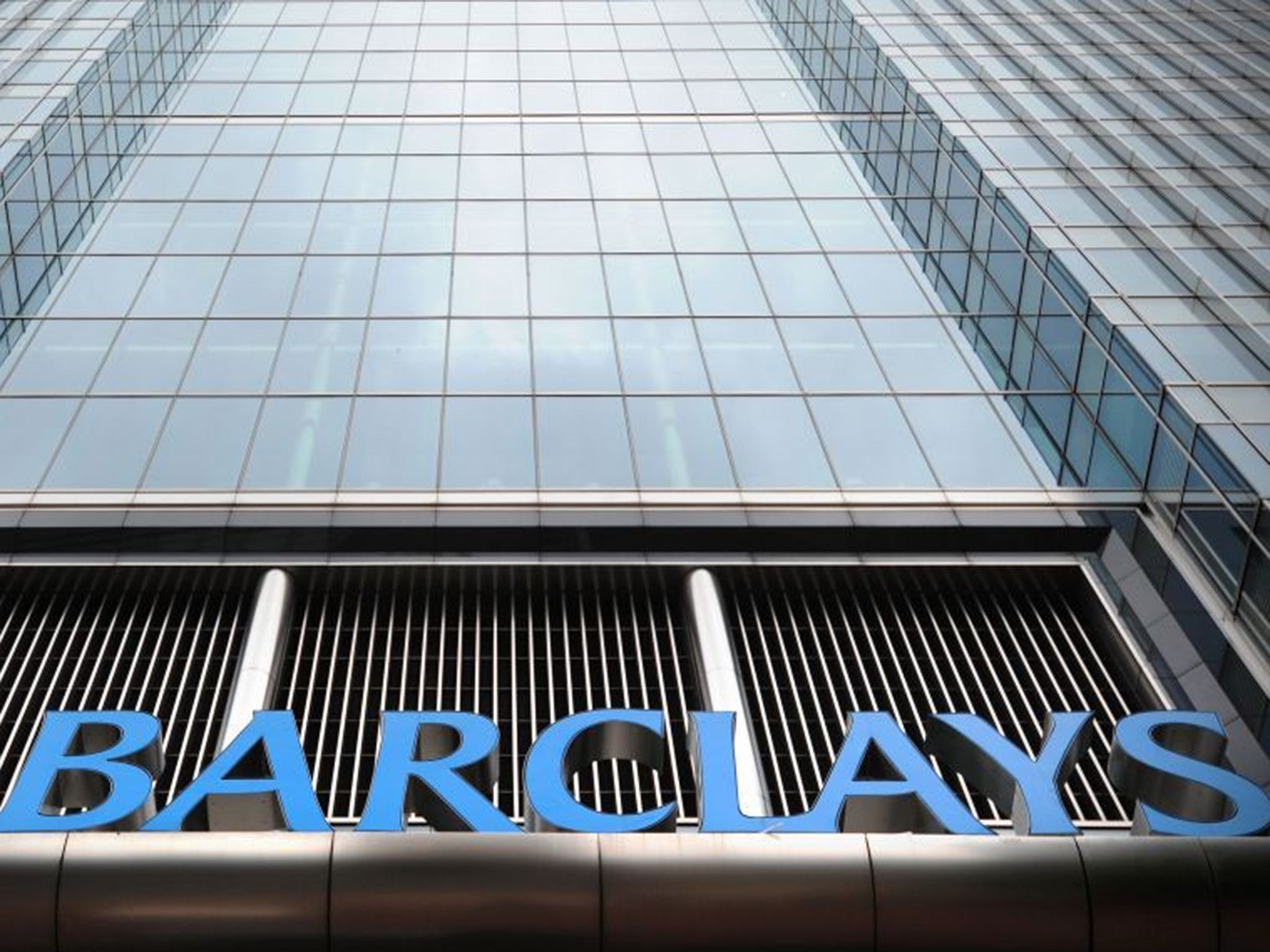Brexit Britain: why investors shouldn’t give up on us just yet

So far, among the printable descriptions, company bosses have called it the biggest foot-shooting exercise in history, ballot-box masochism and even “a self-skinning turkey” – presumably referring to the poultry voting for Christmas. If there’s one thing you can say for it, the Leave vote has unified business.
One chief executive has been texting me furiously, and often, over the past week demanding that we “do something” to stop Brexit from happening. But in his heart, he knows there’s nothing he can really do about it.
Given that helplessness, businesses, through direct lobbying and organisations such as the Confederation of British Industry, are now seeking to impress upon the smouldering remains of the Government, several demands which would mitigate the damage from leaving our biggest global trading partner. In the longer term, this regards what we need to salvage from the many benefits businesses enjoy from being part of the EU.
There are industry-specific issues, naturally: financial services firms want to retain their “passporting” rights allowing them to sell to EU countries; universities want to remain in the international funding programmes for European students; creative industries want to retain the European intellectual property and copyright system.
Then there is the broader structure of the overarching trade agreements that will frame our relationship with Europe for a generation. There are many options: Swiss-style bilateral accords; a Turkish-style customs union; or the World Trade Organisation model with no access to the single market. But the favoured seems to be the Norwegian approach, which replicates the status quo the closest. Britain would join the European Economic Area, granting us full access to the single market but with the proviso that we would have to adhere to EU standards and regulations over which we’d have no say. Even this best-worst option would mean we’d probably sacrifice the ability to do our own trade deals with other parts of the world – whipping away one of the main benefits of Brexit that were sold to the people by the Leave campaign. Oh yes, and we’d also have to keep contributing to the EU budget.
Arguably better could be a series of free trade agreements. This would be the most likely way of getting full control over immigration, but would take the longest time to negotiate.
Time is not on the policymakers’ side. The current chaotic lack of certainty is highly dangerous. While there is so little clarity on what Britain is going to look like even in six months’ time, investors are delaying decisions to put long-term money into the UK. Equally damaging for growth and jobs is that British firms are likely to delay investing in their own businesses.
It is crucial that a new Prime Minister is put in place rapidly, who can give a clear message that Britain remains the world’s most open country for international investment.
Furthermore, the Government must assure EU citizens working here that they are not going to be kicked out of the country – in the short, medium or long term. Thousands of businesses depend on European workers and need to keep their moral up. The Government must stress loudly, and repeatedly, that Britain welcomes and respects its migrant workforce.
This must be part of a wider, loud campaign by ministers to drown out the damaging image abroad that Britain is turning its back on the world. The Government must launch high-profile “world tours” showing that Britain remains friendly and welcoming to foreign visitors. Media stories of racially motivated attacks on Britain’s streets since the referendum are hugely damaging to businesses trying to woo foreign customers or investors.
We need to make sure we do not turn off the taps on infrastructure investment. Major projects in road, rail and utilities must be continued to safeguard the jobs and businesses which depend upon them as the economy cools. Shelving yet again the Heathrow decision sent a terrible message to business that important government decisions will be put on ice for months to come.
A glimmer of hope for businesses has been the final realisation in the Conservative Party that George Osborne’s fantasist target to achieve a budget surplus by 2020 must be dropped. While companies are generally keen on keeping some measure of austerity to rein in the country’s debt, many were horrified at the pain that was looming in 2019. An end to the target could pave the way for some tax cuts, particularly in targeted areas such as business rates, which have been crippling small businesses like retailers.
But you know what companies want more than anything when it comes to the referendum? A re-run. There’s a firm belief among employers that the British people have now seen what carnage their votes have caused and would, next time, cross the box saying “Remain”.
Join our commenting forum
Join thought-provoking conversations, follow other Independent readers and see their replies
Comments